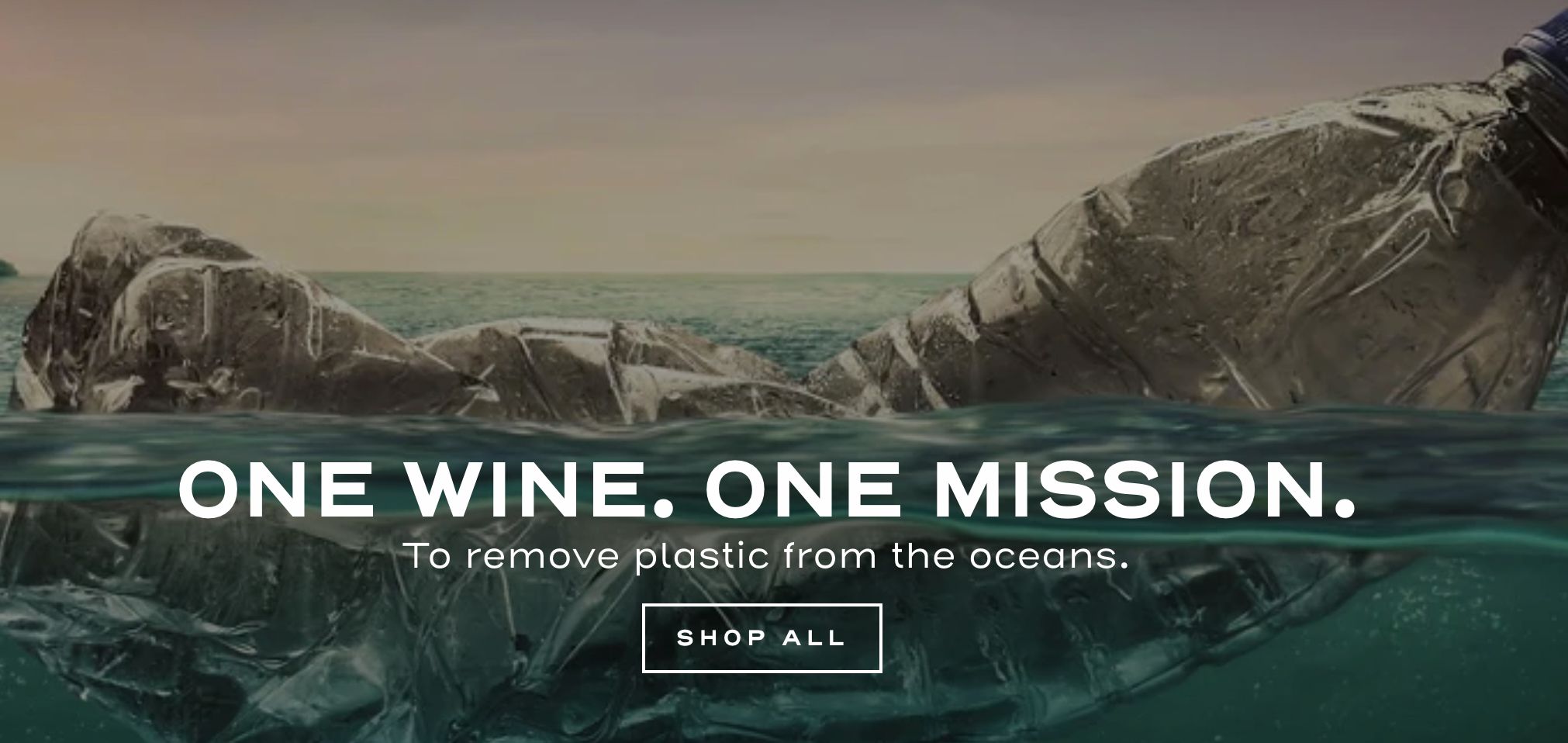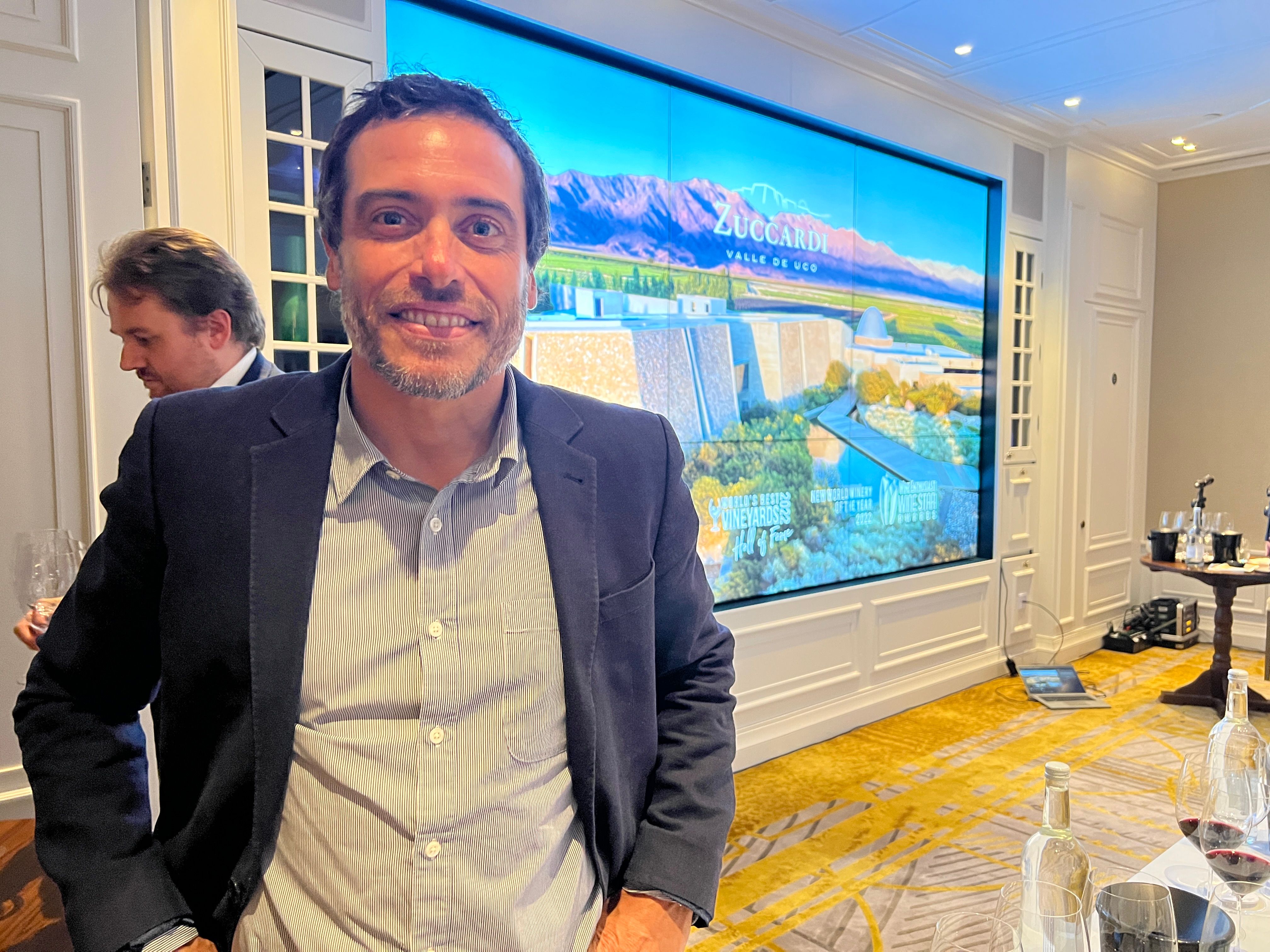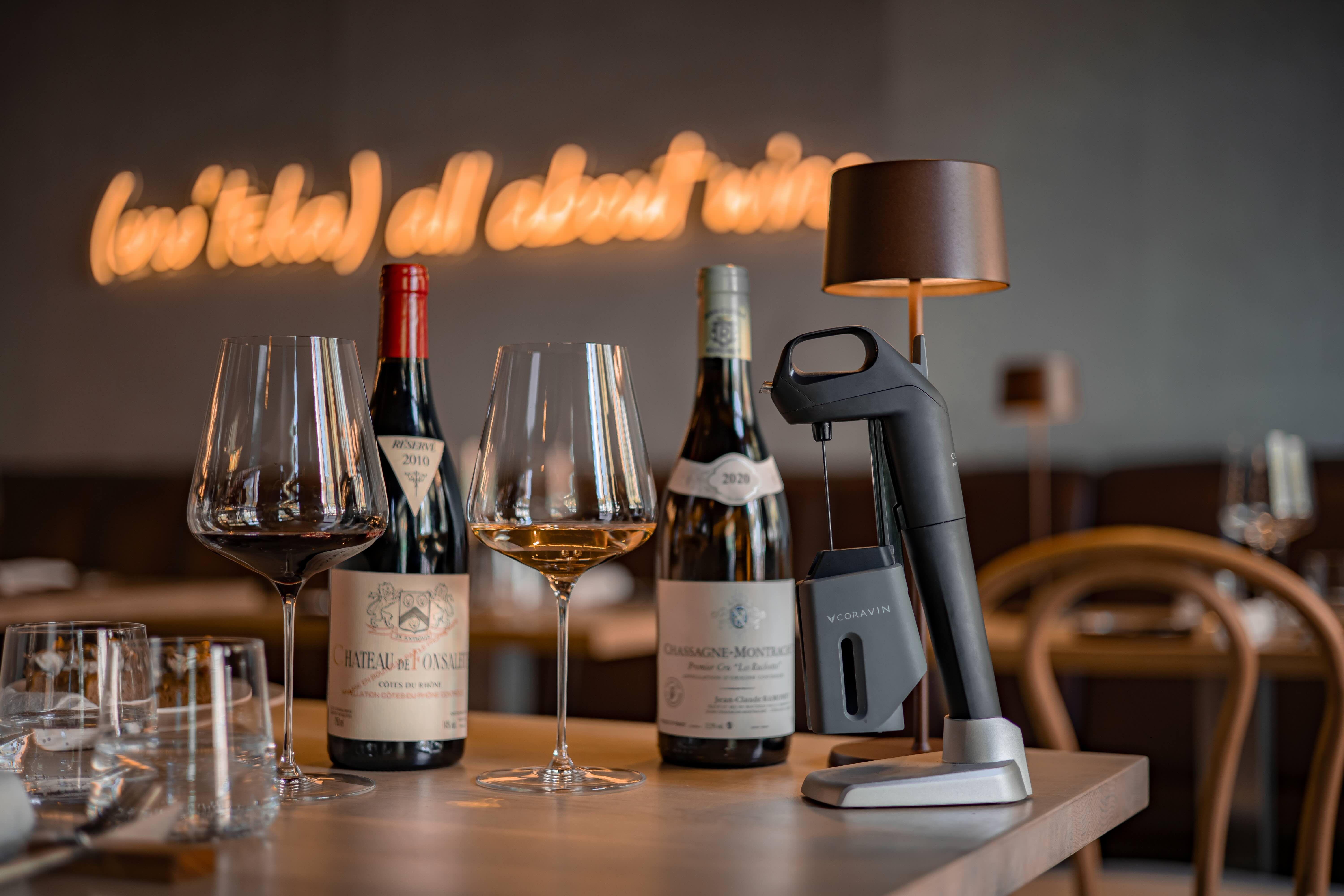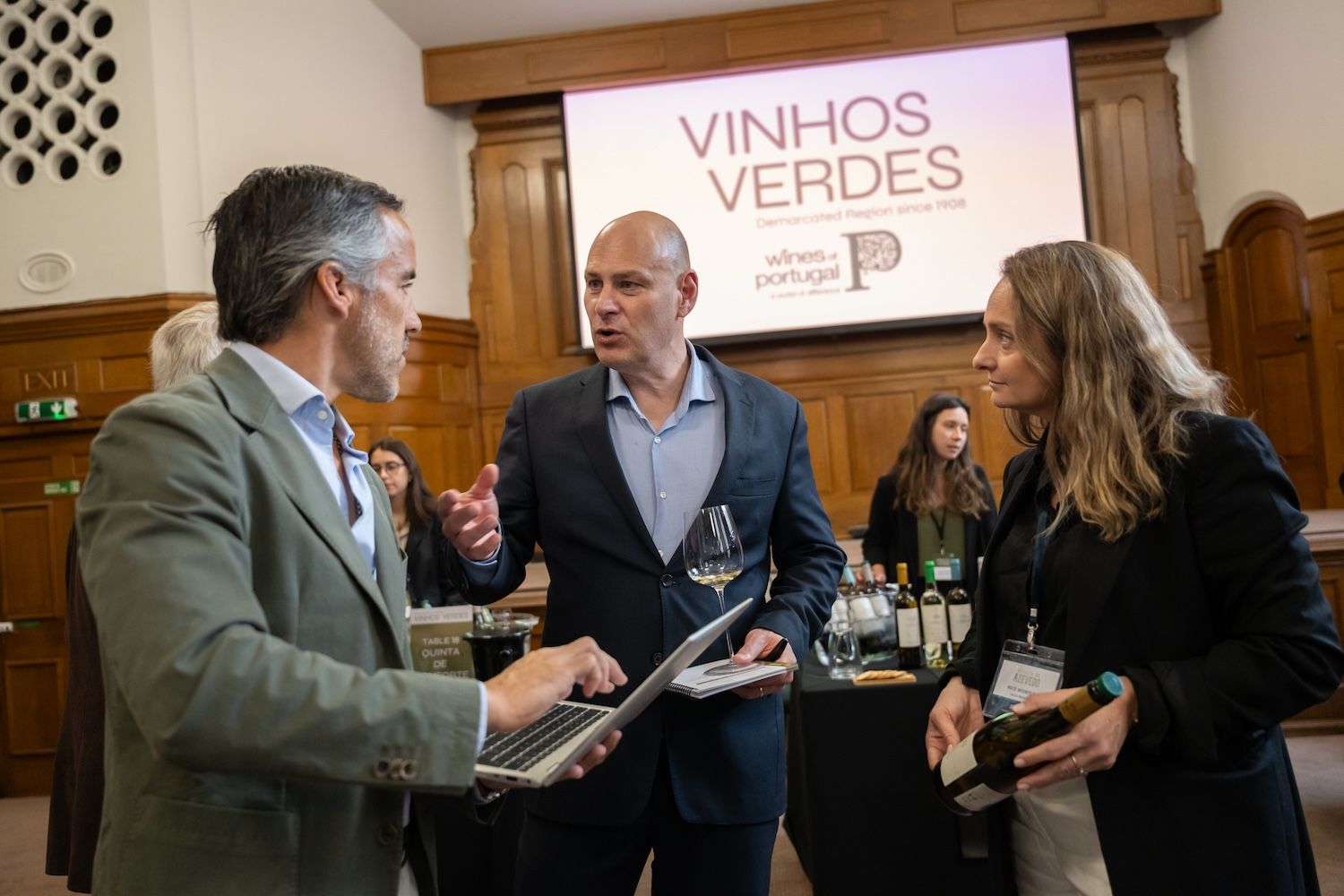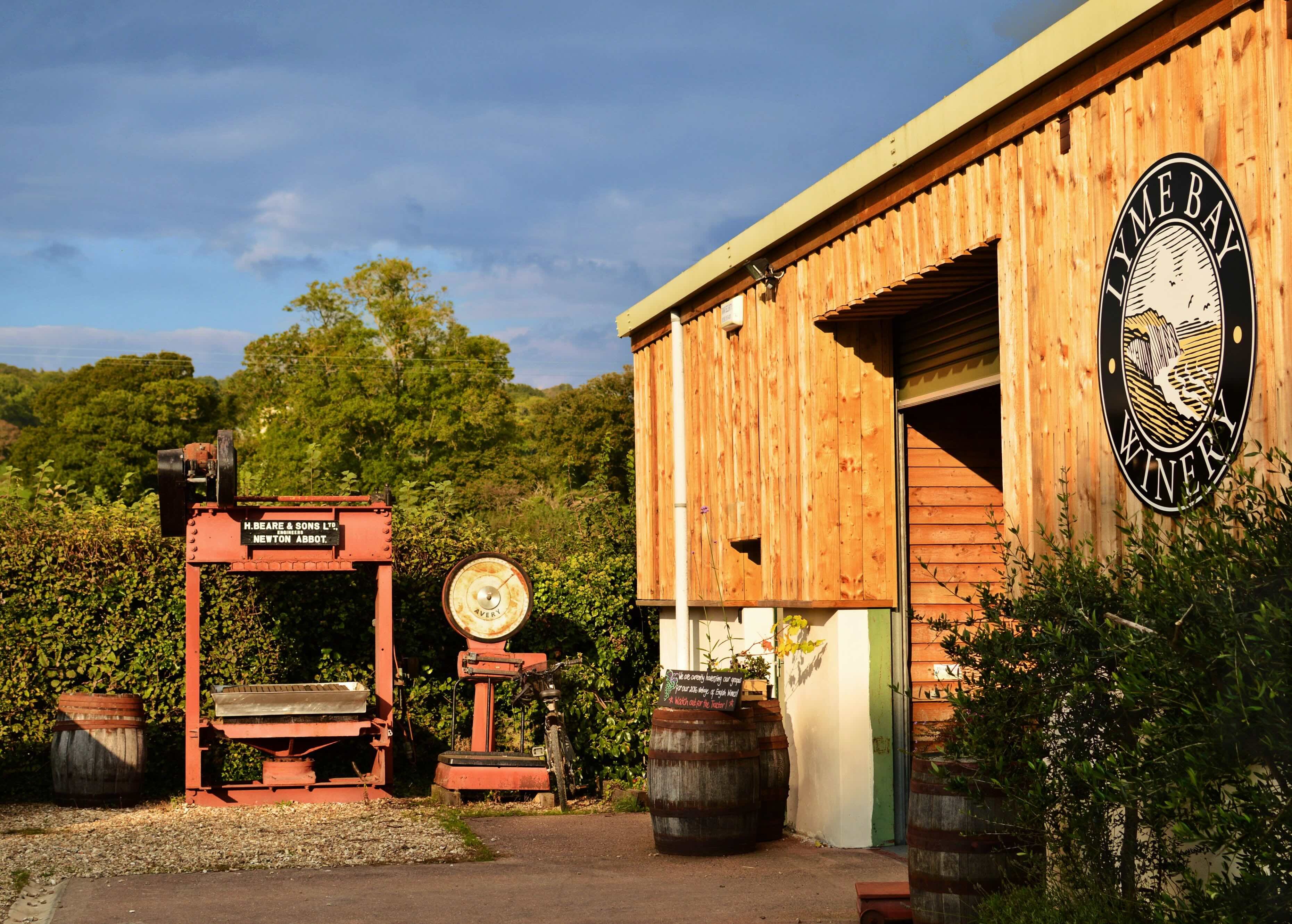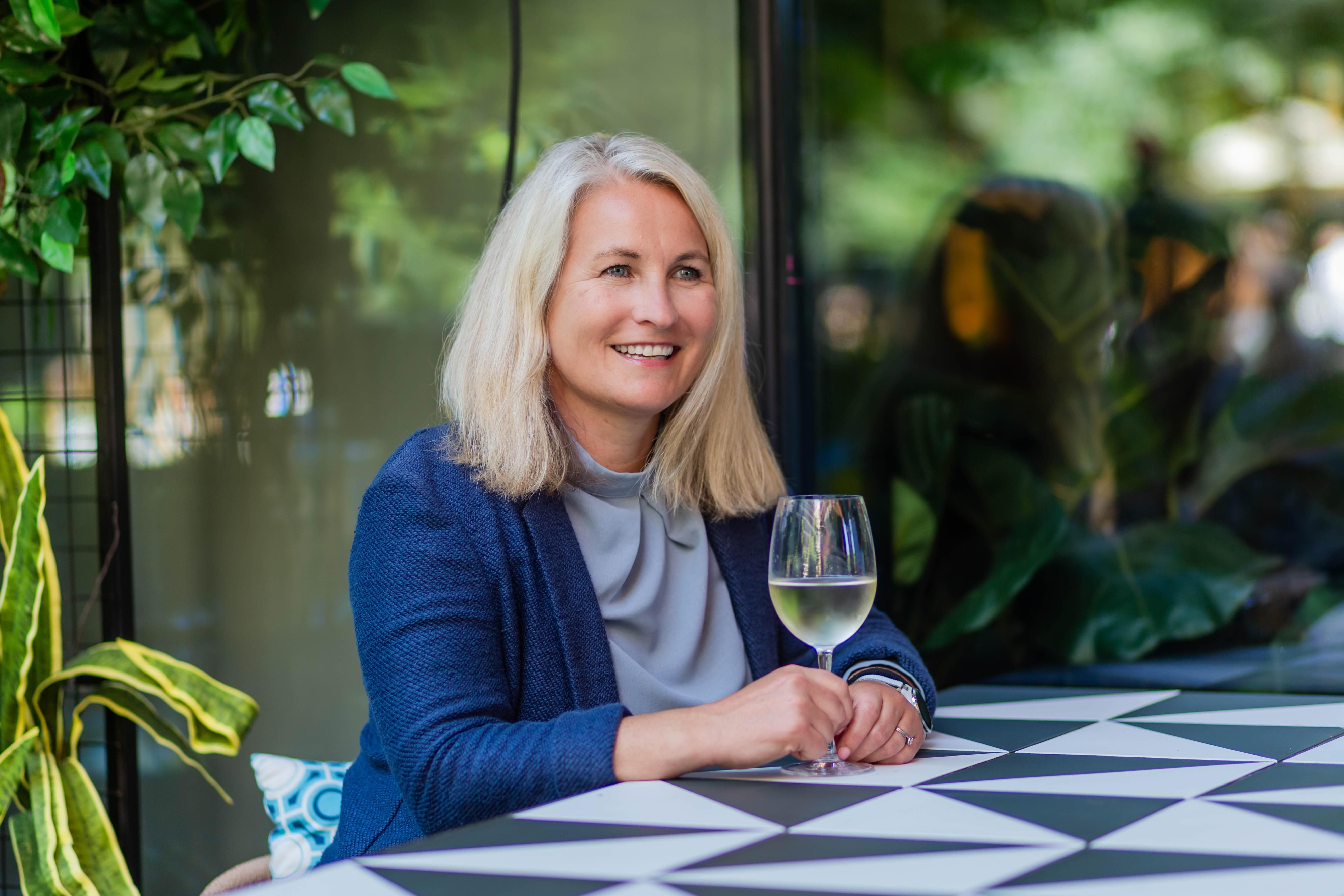“We are not creating another drinking moment, we’re creating a movement” is how The Hidden Sea wine brand markets itself. Kingsland Drinks’ Pete Fairclough helps tell its story.
How did you start working with The Hidden Sea wine brand?
We have been working with Limestone Coast Wines and its The Hidden Sea wine brand for a number of years, so it’s not a new relationship. What is new is the addition of the ReSea project partnership to The Hidden Sea brand, which has resulted in a powerful campaign for the UK market to really get behind. The Hidden Sea brand now brings real purpose, credibility and a USP that stands out from the crowd in the wine category.
How does the ReSea project scheme work in terms of selling wine?
It’s a simple mechanic whereby The Hidden Sea, in partnership with ReSea project, will help remove the equivalent of 10 x 500ml plastic bottles from the ocean and recycle them sustainably every time a a single bottle of The Hidden Sea is purchased.
(Click here for Hidden Sea founder Justin Moran on how the project works)
Why and how did you get to be the UK distributor?
We have a long-standing partnership with LCW and collaborate from both a brand and bulk wine perspective. Our companies naturally complement one another, and the brand development of The Hidden Sea specifically for the UK market is a great example of how we come together as part of that ongoing relationship.
Where is it going to be sold and how are you going to promote this unique proposition?
We are initially looking for likeminded off-trade partners. As a business we wholeheartedly share the values of The Hidden Sea and aim to be a key driver of the brand’s mission to remove 1 billion plastic bottles from our world’s oceans and recycle it by 2030.
Justin Moran at LCW expressed it neatly recently by saying that as a team we have the responsibility to communicate the quantifiable difference buying The Hidden Sea wine brands will make. Our message is clear, we want to support The Hidden Sea in achieving its goal, and are looking to our consumers, market partners and retailers to help us.
Not a day goes by without seeing waste litter our beaches and in turn making its way into our oceans. The Hidden Sea presents an opportunity to help dial back the destruction, so it’s critical we are able to effectively communicate how the brand is part of the solution.
How do you hope to achieve that in the market?
We’re looking at the full marketing mix, in-store, out of home advertising, PR, social media and influencer activity. We need to tell our story at fixture, in the press and online – and we need everyone’s help to do that. Ultimately, we want a tribe on board, all pushing in the same direction.
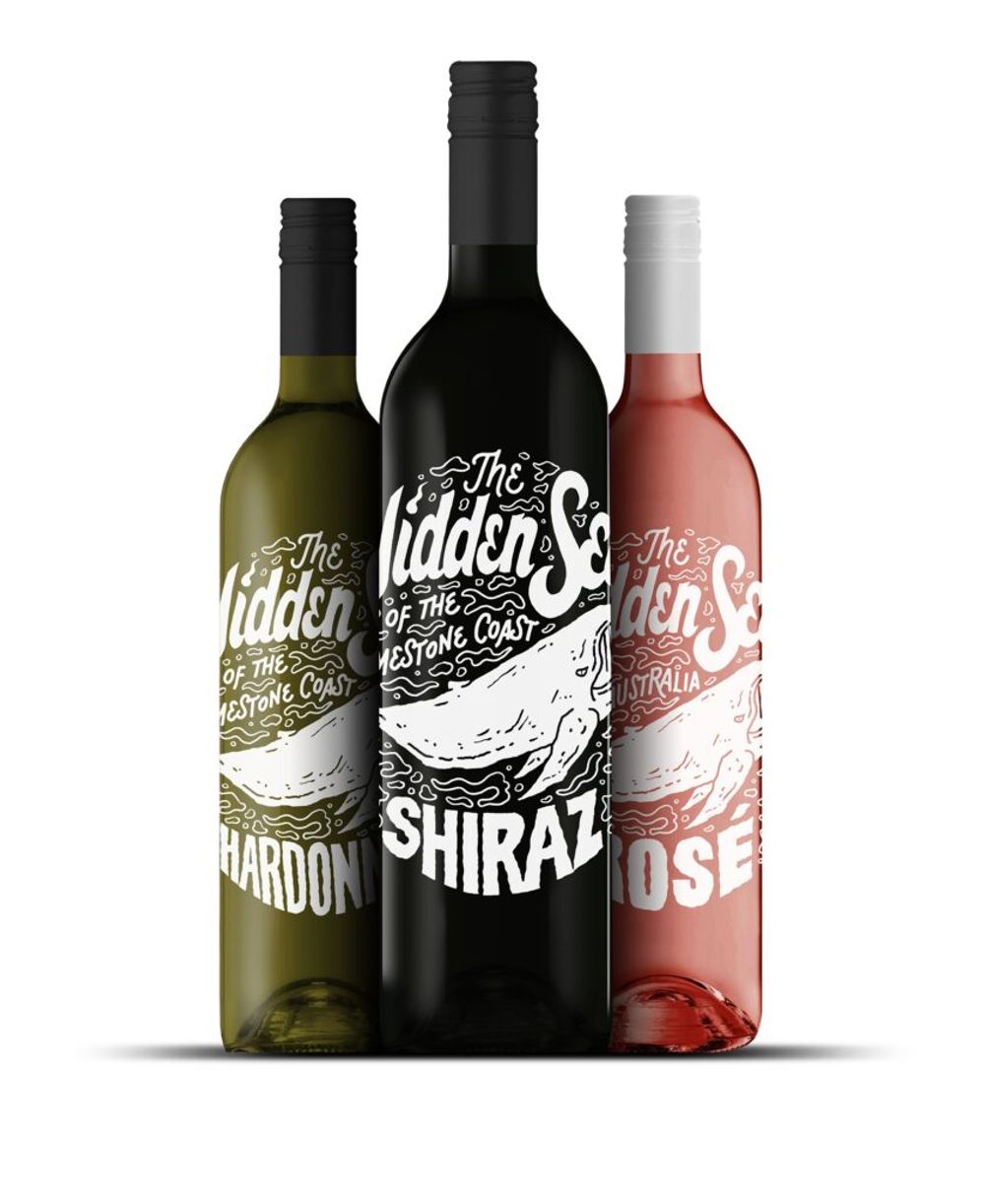
What do retailers and operators that sign up to list this have to do to help?
This is a chance for retailers to partner with something real and quantifiable; a true force for good in the wine category. Retailers who get on board and list The Hidden Sea have the opportunity to tap into increasing consumer consciousness about the environment and a growing appetite for brands with a higher purpose. We’d like to see them realise the transformative power of the campaign and help by giving the brand good visibility in store to drive trial and awareness and, ultimately, support the ReSea project.
Jo Taylorson, head of marketing and product management, Kingsland Drinks, continues:
What other sustainable projects is Kingsland Drinks involved in?
We pride ourselves in being at the forefront of sustainable initiatives. We were the first business to import wine into the UK in bulk which significantly reduces CO2 emissions. Up to three quarters of our electricity demand for our site, based in Irlam, Greater Manchester, is now met by solar panels, and the business has ambitious plans for future sustainability projects.
A lot of what you do is bottling and alternative formats – are you seeing more demand from your customers for more sustainable options?
The majority of our bottling is done in glass, which is widely acknowledged as sustainable due to its recyclability. We have seen a desire to reduce plastic, or where plastic is required, for it to be recyclable. We have also seen an increase in demand for cans, another sustainable format, both in terms of weight and recyclability.
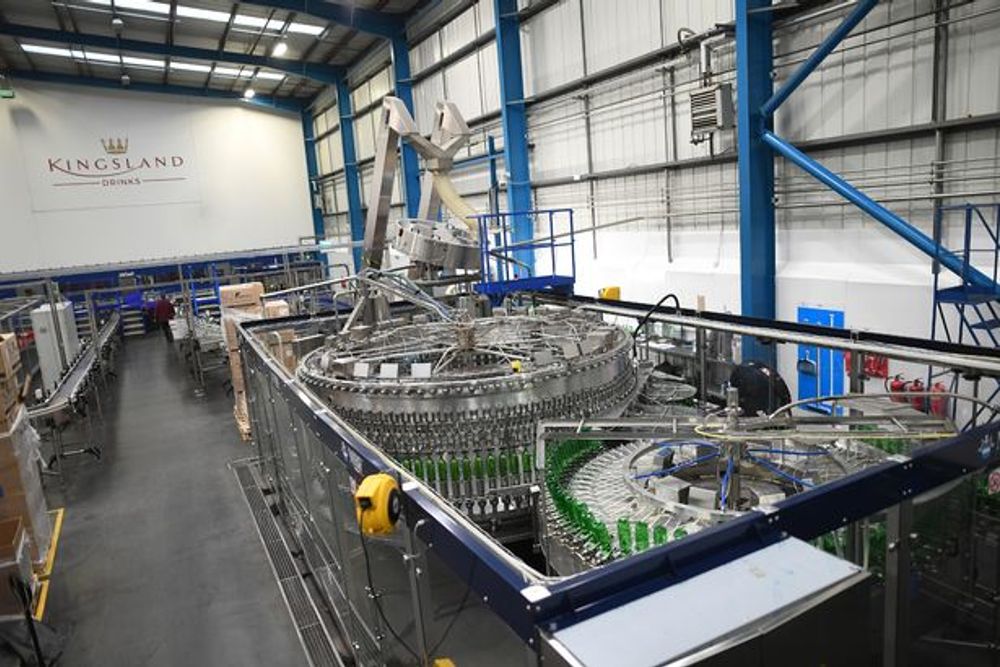
Kingsland Drinks is one of the UK’s most important bottling and packing facility as well as making its own exclusive brands and own label lines
How are you responding to that demand?
We invested in a canning line earlier this year which gives us fantastic capability in an area that we can only see gaining in momentum in coming years. We have also worked hard with our suppliers to move to a recyclable bag within bag-in-box to ensure the format is as sustainable as possible.
What do you see as the most sustainable and environmentally friendly way of first shipping/ moving wine and then packing it?
The most environmentally friendly way of shipping wine, particularly for deep sea and high volume lines, is to ship in bulk and bottle in market. This allows for 2.5 times the amount of wine to be shipped on the same container, driving a 15% reduction in CO2 compared to wine shipped in bottle. Of course, there are other considerations; volumes need to make commercial sense as bulk shipping involves packing over 5000 cases of a wine each time.
In terms of packaging, many formats have different benefits; glass is widely recyclable, cans are widely recyclable and also lightweight, and bag-in-boxes are lightweight and for the most part recyclable. It’s about ensuring we use the most environmentally friendly option that is also fit for purpose and right for the consumer.
And the least sustainable?
That’s a tough one. It’s about weighing up the pros and cons and understanding the impact a certain movement of wine or packaging format will have on the environment. The negative effect of non-recyclable plastic on our planet has become widely acknowledged in recent years. Our partnership with The Hidden Sea and ReSea Project is not only about looking forward, it is also about doing something quantifiable to help turn the tide on global misuse of plastic in the past and giving our retail partners the chance to join us in this movement.
